Why reducing rubbish has become so important to me!
In case you are wondering how reducing rubbish became a high priority in my life (see my recent blog post about rubbish here), well I have to be honest when I started out on my eco-conscious journey reducing rubbish wasn’t at the top of my priority list. Saving money in eco-friendly ways was my mission. However I noticed that I was throwing less away as a by-product of that anyway. Reducing rubbish and saving money go very well together. For example:
- when I get given clothes by my friends that they aren’t using any more (or do swaps with them), there are no tags to remove, no receipts, no plastic bags (or if there is a plastic bag it is one they are reusing) and it doesn’t cost me anything!
- Instead of buying expensive packaged snacks for my kids lunchboxes, I buy less expensive, less processed unpackaged fruit, veg and cheese and I make my own yoghurt.
- Swapping clingfilm for containers with lids or by putting plates on top of bowls and bowls on top of plates, means that I no longer have to spend money on clingfilm. Plus I don’t have to chuck it in the bin when I’m done with it either! See here for more tips: how to give up clingfilm.
Later down the line, I watched the Story of Stuff, Trashed by Jeremy Irons and the Clean Bin Project. I started to realise quite how badly the rubbish that we (i.e. you, me and the rest of the world) throw away is f*cking up our planet (excuse the language). I became conscious of the fact that throwing rubbish away doesn’t start in our homes, it ends in our homes. Rubbish is thrown away all along the production process for almost everything we buy. So although we may never visit the far flung places where the products we buy are made, we may still be at least partially responsible for the rubbish created in those places and the way in which it is disposed of. I also started to realise that disposing of that rubbish whether it is near or far away can have a direct affect on my health. The food I eat, the water I drink, the air I breath may have all been polluted in a small or large way by the disposal of that rubbish (along with other pollutants). For example, the fish I eat may contain nasty chemicals which have leached from plastic they have ingested in the ocean (although I’m hoping my locally caught fish hasn’t been eating plastic – read more here), the air I breathe may have been polluted with toxic waste from my local incinerator and my home may be at greater risk of flooding because of all the methane being produced by landfill sites.
It may be a little bit more hassle to make food from scratch with unpackaged ingredients, to remember to take reusable bags to the shops, to swap disposables for reusables, to recycle and to compost my food waste, but I think it is a whole lot less hassle than the health and environmental problems that the stuff I buy and the rubbish I chuck in the bin is causing.
It could be so easy to think what is the point though? Environmental degradation of land, sea and air is happening at such a fast pace and on such a massive global scale, that my shopping and rubbish sorting habits are totally insignificant. It could be easy to think that I can’t make any difference so I might as well live life the way I always have.
Well I don’t agree with that viewpoint. I think that:
- Just as easily as things can get better, they can also get worse. Apathy is not helpful, as it can lead to more and more incinerators being built as well as larger and larger landfill sites. Things are bad enough already, not only do I really want them to get better, I really don’t want them to get worse.
- I have to take full responsibility for making my own choices about whether I do things that damage the environment or not. With regards to my personal actions, it doesn’t matter what governments do or don’t do, what other people do or don’t do, what businesses do or don’t do. I am responsible for deciding to whether or not buy a product swathed in non-recyclable packaging which I then choose (or not) to throw in the bin when I am done with it.
- Just by changing my actions, whether I write about them or not people notice. The shopkeepers notice when I go shopping with reusable bags. Other people shopping notice when I don’t accept any produce bags and put my potatoes straight in my reusable carrier bag. My children notice when I come home with reusable bags filled with mostly unpackaged food and when I teach them about separating out their rubbish e.g. that they have to put banana skins in the compost bin. I think people noticing there is another way to do things is a good start on the road to change.
So reducing rubbish has become pretty important to me and although I’m not perfect, I’m doing as much as I can and feel comfortable with. It hasn’t all happened overnight for me, it has been a gradual process of changing my habits one at a time over a number of years – ever since I started this blog.
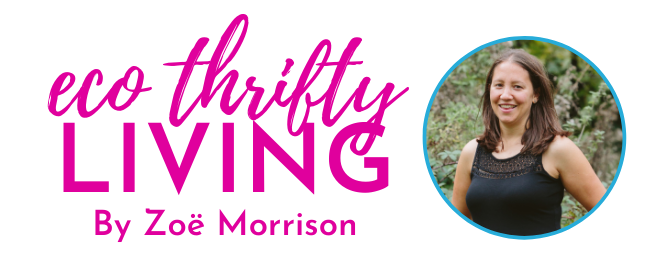
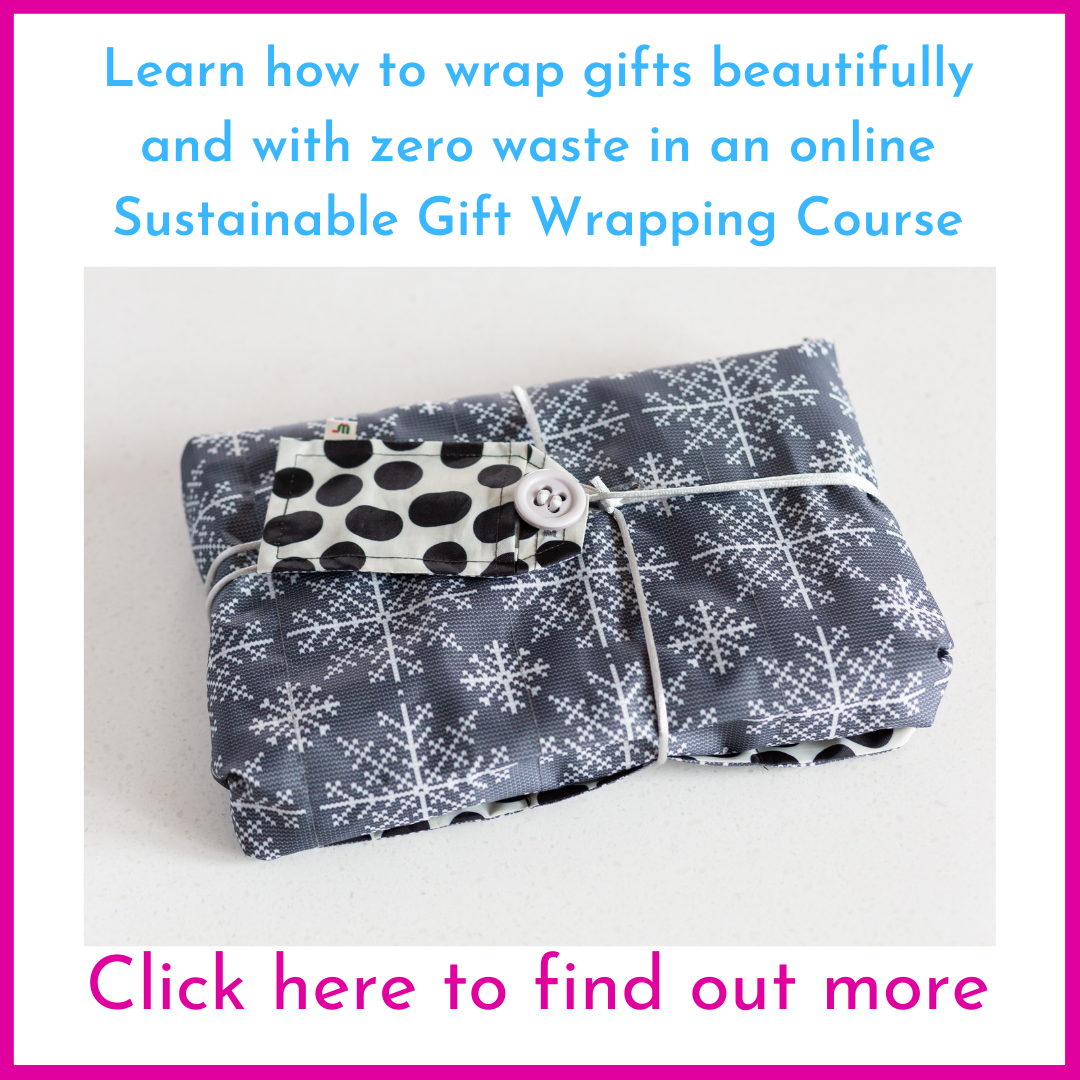
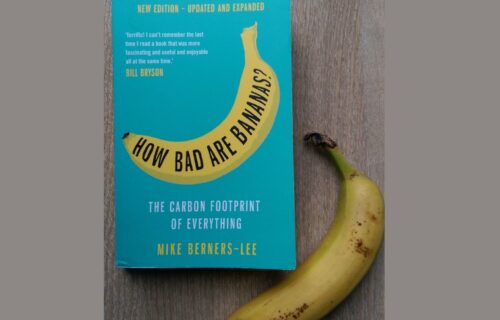
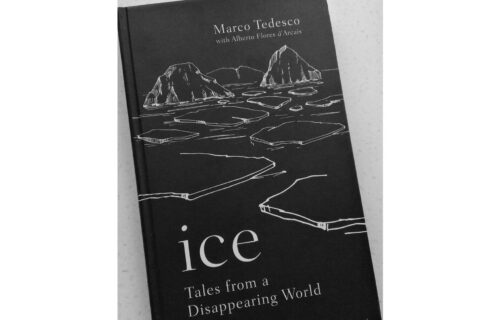
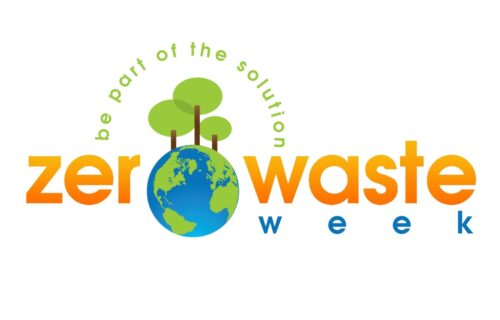
This is so well put. I really like how you connect the waste we carelessly dispose of to the pollution of our food supply. I also think your emphasis on the positive is great-while we might not have the power to change how our governments deal with these issues, we CAN change what we do. Thanks for a great post!
Thanks Elizabeth – glad you liked it!